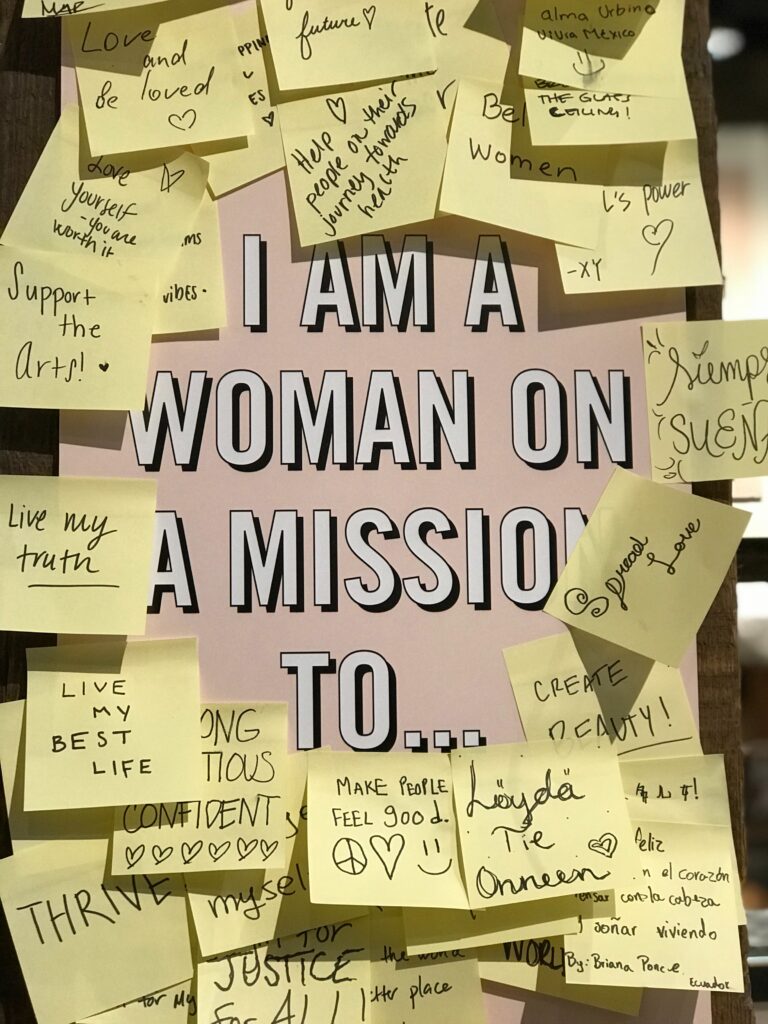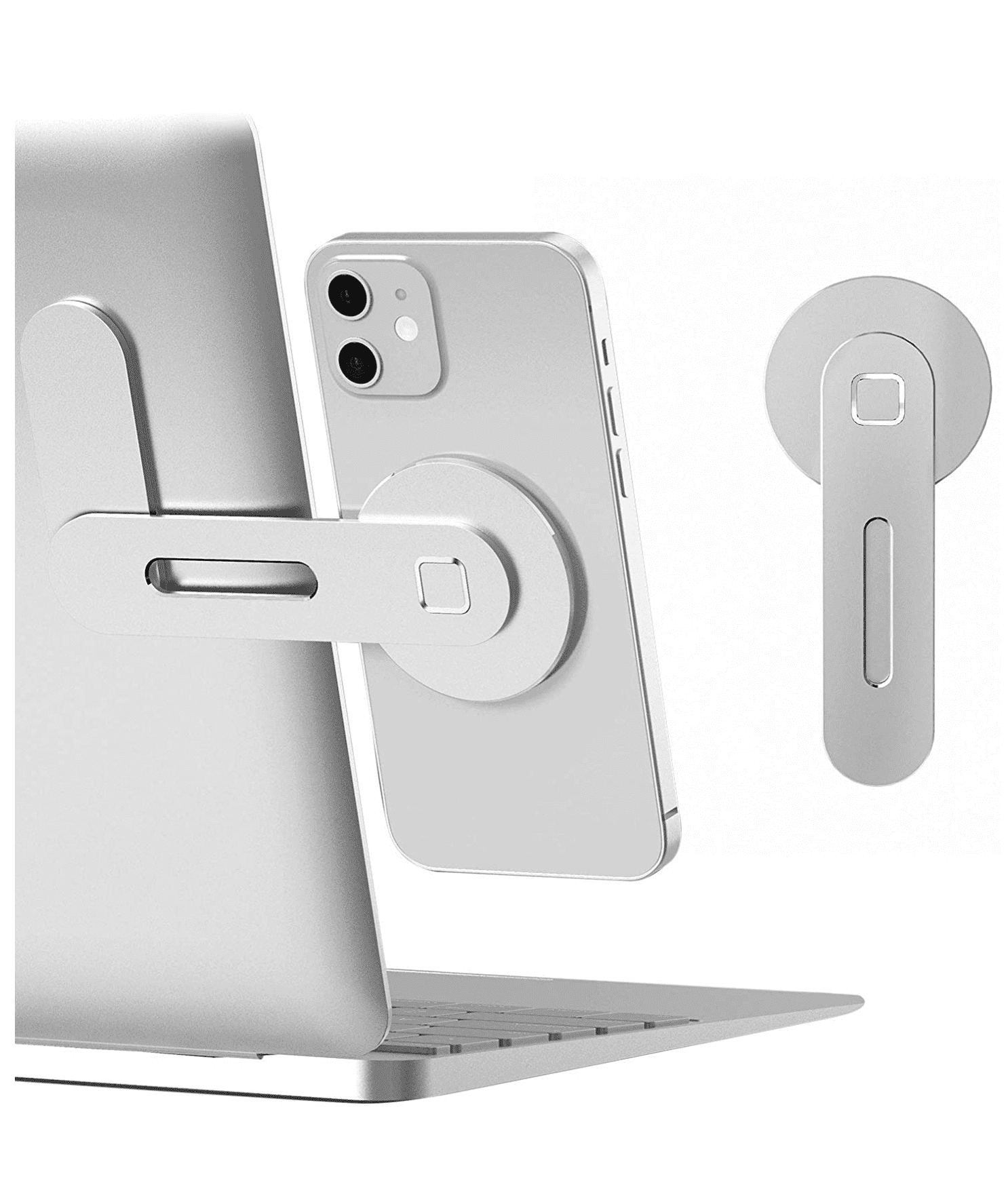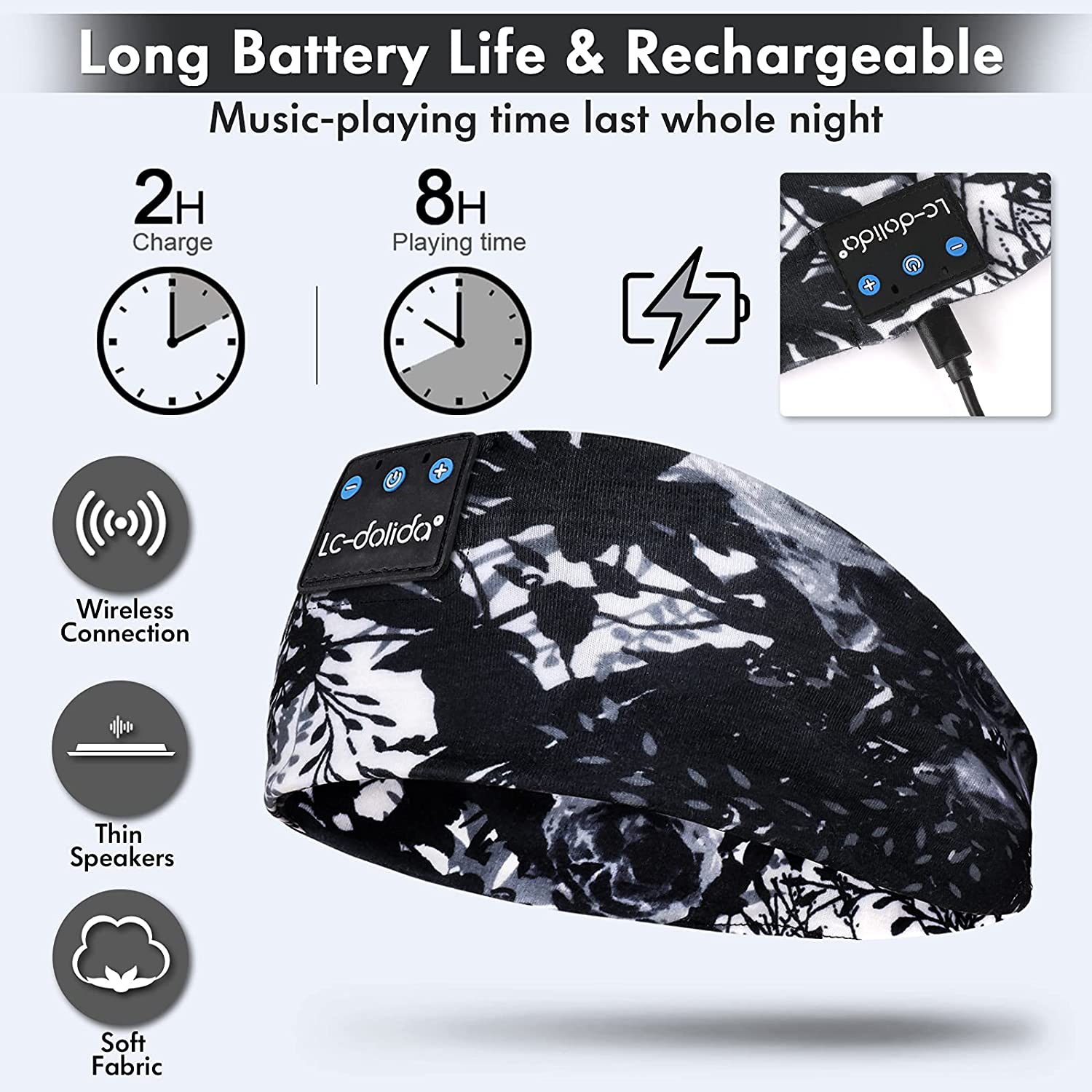
Mental health is health. Unfortunately though it’s an area of health that has been neglected for far too long and it’s pretty much impossible to be healthy and not be mentally healthy. One of the barriers that prevents us from having open dialogue about mental health is that there is a great deal of stigma associated with it and this stigma causes a lot of shame. This is especially true in the black community where we talk a lot about the importance of having faith and being strong. It kind of feels like you either have to be strong enough to now allow it to happen to you and if it does, you need enough faith to pray it away. And, in my opinion, nothing could be further from the truth. It time for us to start talking about it, so we can help one another through it.
I invite you to: Talk About it, but be mindful of your words.
The only way to begin to peel back the layers of this really important issue is to begin talking about it. The more we talk about it, the more normalcy we can create, and the less stigma can persist. No one should be ashamed to talk about and seek mental health treatment.
No one is immune to dealing with mental health issues. Ultimately, untreated mental illness affects all of us.
Along with talking about it, we need to be mindful of the way we talk about the issue and the way we talk about people. The words we choose to use have a direct impact on why people feel a deep sense of shame. Going through struggles with mental health challenges doesn’t make you weak or crazy. It’s really important that we not refer to people in this way. This type of language pushes people further into isolation – increasing stigma and shame.
Be sure to listen.
One of the greatest gifts you can give another human being is the gift of feeling heard and seen. When you listen, you let someone know that they matter to you. And, when you listen, you create a strong bond and a deep connection with another human being. I once took a playwriting class and had to do two rounds of an active listening activity where a fellow student had to talk for 3 minutes uninterrupted and then I had to do the same. No matter what she said, I could only make eye contact, nod, listen – and vice versa. I thought we’d be talking about a topic, but instead we were talking about ourselves. The talking prompts required that we share some of our innermost struggles and truthfully, that’s not what I was expecting.
The talking prompts were:
Talk about something you are ashamed of.
Talk about something you fear.
Whoa!
How often do we get to share the things that bring us shame or cause fear, and be comforted?
The goal of the activity was to compel us to really step into the shoes of our characters and be vulnerable enough to write how they truly feel and say what they would likely say. There were almost tears in that room as we all shared these vulnerable stories about ourselves. Once the talking prompts were given, I was afraid and embarrassed because I knew I’d be sharing something that caused me great shame. Despite that, I took it seriously and allowed myself to be vulnerable, and so did my partner. During the debrief, we talked about how we felt on both sides. When asked how it felt to just listen to someone share their inner struggles, many responded that they felt empathy and expressed how difficult it was to not be able to say anything. When asked how it felt to answer these questions, many said afraid or ashamed at first, but we all felt heard.
There is power in expressing how you feel and being heard.
Once I began responding to the prompts, I felt so many emotions – initially, it was sadness and embarrassment, but as I began to share and sensed that my classmate felt empathy for me was really connecting to my story – I felt relieved. There was such a connection between us at that moment.
When someone musters up the courage to share with you what they are going through or challenges they’re dealing with, it is a privilege to listen.
This is especially true if it pertains to a stigmatized illnesses such as depression or other forms of mental illness. It means that they trust you, and therefore should be met with kindness and support. They’re already afraid and ashamed, yet they have extended this level of trust to you. Use it as an opportunity to show empathy and form a deep human connection with someone who needs it.
This leads me to my next two points: Show Empathy and be Non-Judgmental.
How do you begin to put yourself in someone else’s shoes? It sounds easy enough, but the truth is, this is not always the case. You enter someone’s life at a specific point in time, which means you can never have a full understanding of what they may have gone through in their lives. And maybe, right now by all accounts their life looks good, which leads you to believe that they should be happy. Maybe they have degrees, are financially stable, and/or they’re in a relationship – so of course this means they should be happy, right? None of these things does happy make. Again, you have no idea where they have come from and how they’ve arrived at this point in their lives. If someone is in deep emotional pain, it can oftentimes be traced back to traumatic experiences as a child or as an adult. And, since no one can fully know a person’s entire lived experience, it can be difficult to understand why someone feels the way you do. They could be carrying this pain around with them while simultaneously living their life in a way that is the antithesis of their external appearances. Just so we’re clear, you can be accomplished and depressed, you can be smiling and be depressed, you can be dating and depressed, you can be living what others think is your best life and also be depressed.
So now what? Ask how you can help.
One of the more important things you can do is ask how you can help. I write this as a person who has survived clinical depression and come out on the other side. When I was at the end of my rope, I shared with four people what I was feeling (in varying degrees) and three out of four provided one of the helpful responses I’ve already mentioned and the other wasn’t helpful at all. Asking how you can help is a good starting place. Sometimes, they may want you to just listen. Keep in mind, that it’s quite possible that they’ve never spoken about this to anyone and are not sure what you can do, but if they want you to listen, always be empathetic and non-judgmental. They may need a fun distraction or not. They may need help finding a therapist or not. Your job is simply to ask them for what they need.
And finally: Learn About Mental Health and Resources
The last piece of advice that I’ll share is to learn all you can about mental health and mental health resources. When you don’t have an understanding of the issue, it’s easy to pass judgement. Instead, let’s all be more supportive to those dealing with this struggle, and especially so in these challenging times.









